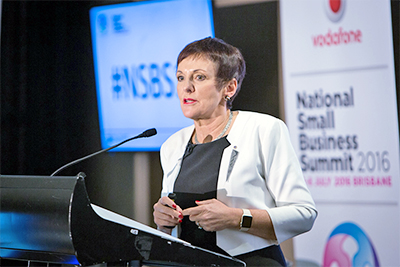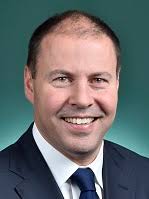New super fee disclosure guide will bamboozle consumers says Industry Super
THE LATEST attempt by ASIC to improve disclosure of superannuation investment fees and costs is a welcome step forward but doesn’t go far enough to fix many of the long-running issues with RG 97, according to Industry Super Australia (ISA).
The effect is that new guidelines for the disclosure of superannuation and managed investment fees will leave consumers more confused when it comes to choosing a fund or product – not less.
Industry Super Australia’s head of research, Nick Coates said while the release of ASIC’s updated Regulatory Guide 97 (RG 97) was important to improving transparency, the new guide doesn’t deliver the clarity consumers need to make informed decisions on fees and cost comparisons.
Despite creating a number of new groupings to more clearly show fees and costs, the new guide still fails to provide a ‘net returns measure’ – a single measure incorporating the effect of fees and costs – which would allow consumers to compare apples with apples across various funds and products.
Another key issue identified by ISA in its submission to ASIC on RG 97 but not addressed in the new guide relates to platforms owned by banks and investment managers, where they are only required to disclose the cost of gaining access to a product – not the cost charged by those issuing the product.
This means consumers may believe these products are less expensive – but are unaware they will then be hit with additional fees and charges on top of what has already been disclosed.
“We know this has been a lengthy process, and while ASIC is trying to get this right, without law reform they can’t fix it, and this is a missed opportunity for consumers," Dr Coates said. “We needed to see the banks’ super fund platforms product costs all in one place so consumers could compare them against cheaper run funds – instead we have ended up with a situation where they are expected to volunteer to provide example disclosure – it’s fanciful.
“While we welcome steps taken by ASIC to improve transparency when it comes to fees and costs, this latest guide doesn’t go far enough when it comes to providing clear and simple comparisons between the bank products and other super funds, and we worry this will impact APRA’s heatmaps that are based on RG 97.
“The only way consumers can have confidence they are comparing apples with apples is to use a net returns measure. This catch-all figure means they can see exactly what they will be earning, after fees and costs.”
ends



